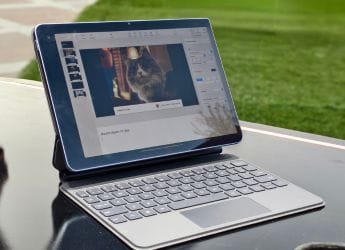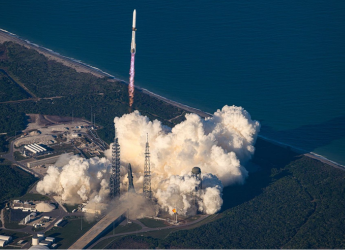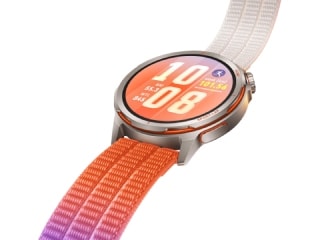- Home
- Telecom
- Telecom News
- Aircel, Vodafone, Idea Using Call Drop Masking Technology Incorrectly: Trai
Aircel, Vodafone, Idea Using Call Drop Masking Technology Incorrectly: Trai

"Most of the operators have focused on network improvement. However, usage of RLT (i.e. time-out period for releasing the call) by Aircel, Vodafone and Idea is incorrect and needs to be addressed immediately," the Telecom Regulatory Authority of India said in its Mumbai drive test report.
According to sources, telecom operators are using RLT to mask call drops. With the help of this technology, a call remains connected even if a consumer moves to poor network coverage area for which he is billed.
However, industry body COAI has denied allegation stating that the so called 'call drop masking technology', is actually a network parameter called, Radio Link Time Out (RLT) feature, which is a part of the GSM standards and is used globally.
It said that RLT is just one of the parameters, which decides for how long the call should be sustained if the signal quality drops below a certain threshold.
Trai has found RLT level of 40 units being used by most of the telecom operators but some companies have been using it beyond their peers in a city.
"Such use will delay a dropped call by not providing any audio to the consumer and forcing him to disconnect, while charging him for time the call was inaudible. Thus, the reduction in CDR (call data record) is not an accurate reflection of improved customer experience," Trai said.
Vodafone was found using higher RLT value than its peers in 97 percent of cell sites, Idea Cellular 80 percent and Aircel around 64 percent of cell sites. Even Tata Teleservices was found using higher RLT value in 23 percent of cell sites in Mumbai.
Vodafone has been found using higher RLT value Delhi and Hyderabad and Aircel in Delhi and Chandigarh.
"Most of the operators are not meeting the Call Drop Rate benchmark of less than or equal to 2 percent except Airtel 2G & 3G and Vodafone 2G," Trai said.
"MTNL 2G & 3G and Tata CDMA has performed very poor" in Mumbai drive test, the regulator said. "Aircel 2G, Reliance 2G, Tata 2G and Vodafone 3G will need to focus on their Call Drop Rate reduction while Idea 2G, all CDMA operators and specially MTNL 2G & 3G need to improve across all parameters, in order to offer acceptable levels of service," Trai said.
The drive test was conducted randomly over a stretch of about 580 kilometers between May 10-13.
Get your daily dose of tech news, reviews, and insights, in under 80 characters on Gadgets 360 Turbo. Connect with fellow tech lovers on our Forum. Follow us on X, Facebook, WhatsApp, Threads and Google News for instant updates. Catch all the action on our YouTube channel.
Related Stories
- Samsung Galaxy Unpacked 2026
- iPhone 17 Pro Max
- ChatGPT
- iOS 26
- Laptop Under 50000
- Smartwatch Under 10000
- Apple Vision Pro
- Oneplus 12
- OnePlus Nord CE 3 Lite 5G
- iPhone 13
- Xiaomi 14 Pro
- Oppo Find N3
- Tecno Spark Go (2023)
- Realme V30
- Best Phones Under 25000
- Samsung Galaxy S24 Series
- Cryptocurrency
- iQoo 12
- Samsung Galaxy S24 Ultra
- Giottus
- Samsung Galaxy Z Flip 5
- Apple 'Scary Fast'
- Housefull 5
- GoPro Hero 12 Black Review
- Invincible Season 2
- JioGlass
- HD Ready TV
- Latest Mobile Phones
- Compare Phones
- Leica Leitzphone
- Samsung Galaxy S26+
- Samsung Galaxy S26 Ultra
- Samsung Galaxy S26
- iQOO 15R
- Realme P4 Lite
- Vivo V70
- Vivo V70 Elite
- Asus TUF Gaming A14 (2026)
- Asus ProArt GoPro Edition
- Huawei MatePad Mini
- Infinix Xpad 30E
- Huawei Watch GT Runner 2
- Amazfit Active 3 Premium
- Xiaomi QLED TV X Pro 75
- Haier H5E Series
- Asus ROG Ally
- Nintendo Switch Lite
- Haier 1.6 Ton 5 Star Inverter Split AC (HSU19G-MZAID5BN-INV)
- Haier 1.6 Ton 5 Star Inverter Split AC (HSU19G-MZAIM5BN-INV)

















